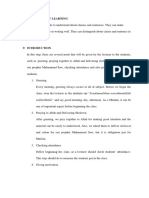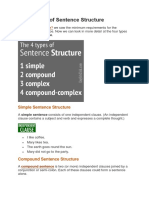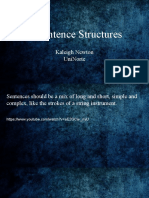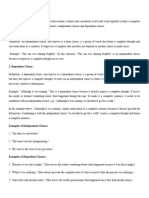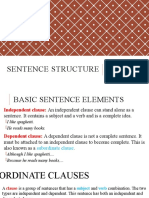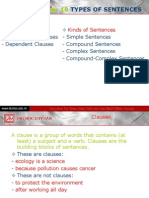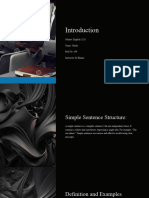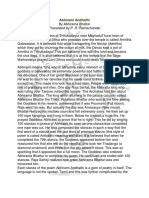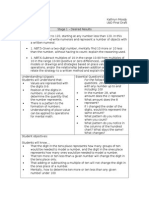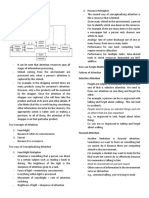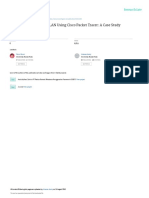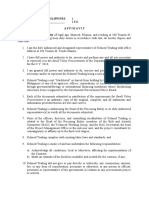0% found this document useful (0 votes)
11 views20 pagesVet. Med. 1st Lecture
The document explains sentence structure, focusing on clauses and phrases, which are essential components of sentences. It distinguishes between independent and dependent clauses, as well as simple, compound, and complex sentences, providing examples for each type. Additionally, it highlights the importance of conjunctions in linking clauses and the characteristics of sentence fragments.
Uploaded by
Rabee AtefCopyright
© © All Rights Reserved
We take content rights seriously. If you suspect this is your content, claim it here.
Available Formats
Download as PDF, TXT or read online on Scribd
0% found this document useful (0 votes)
11 views20 pagesVet. Med. 1st Lecture
The document explains sentence structure, focusing on clauses and phrases, which are essential components of sentences. It distinguishes between independent and dependent clauses, as well as simple, compound, and complex sentences, providing examples for each type. Additionally, it highlights the importance of conjunctions in linking clauses and the characteristics of sentence fragments.
Uploaded by
Rabee AtefCopyright
© © All Rights Reserved
We take content rights seriously. If you suspect this is your content, claim it here.
Available Formats
Download as PDF, TXT or read online on Scribd
/ 20






